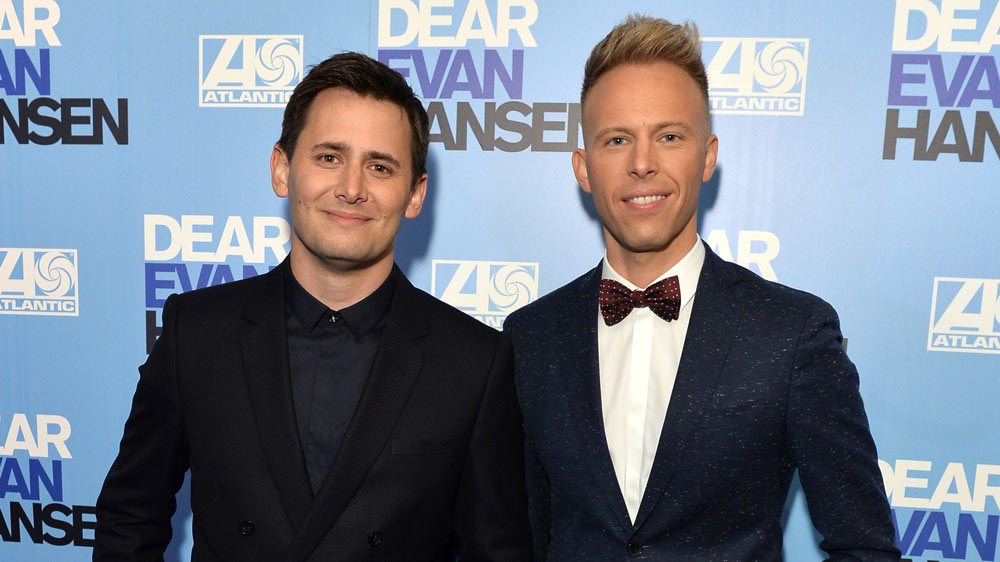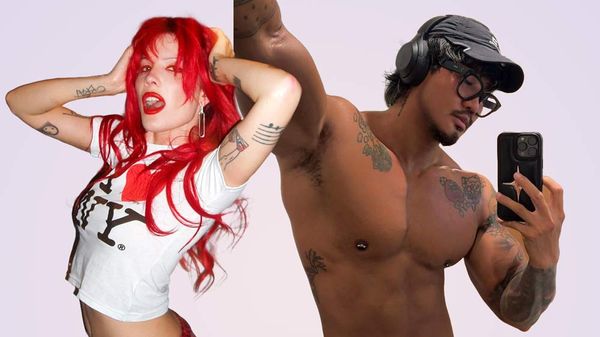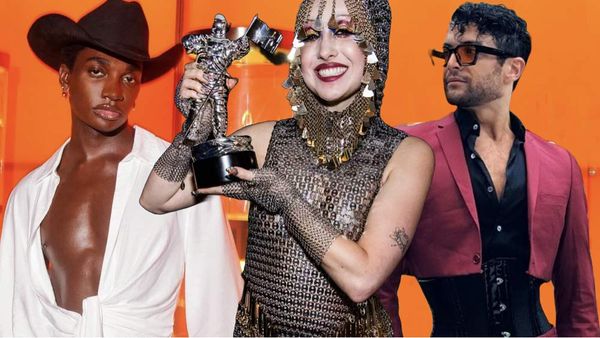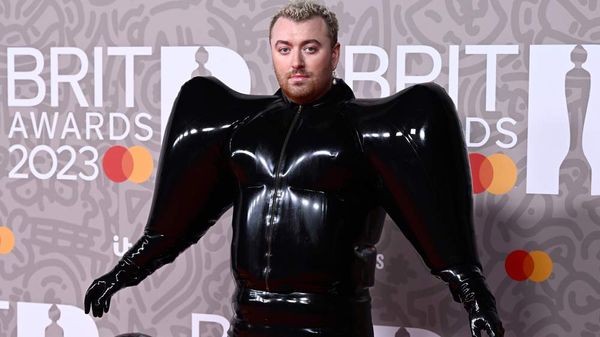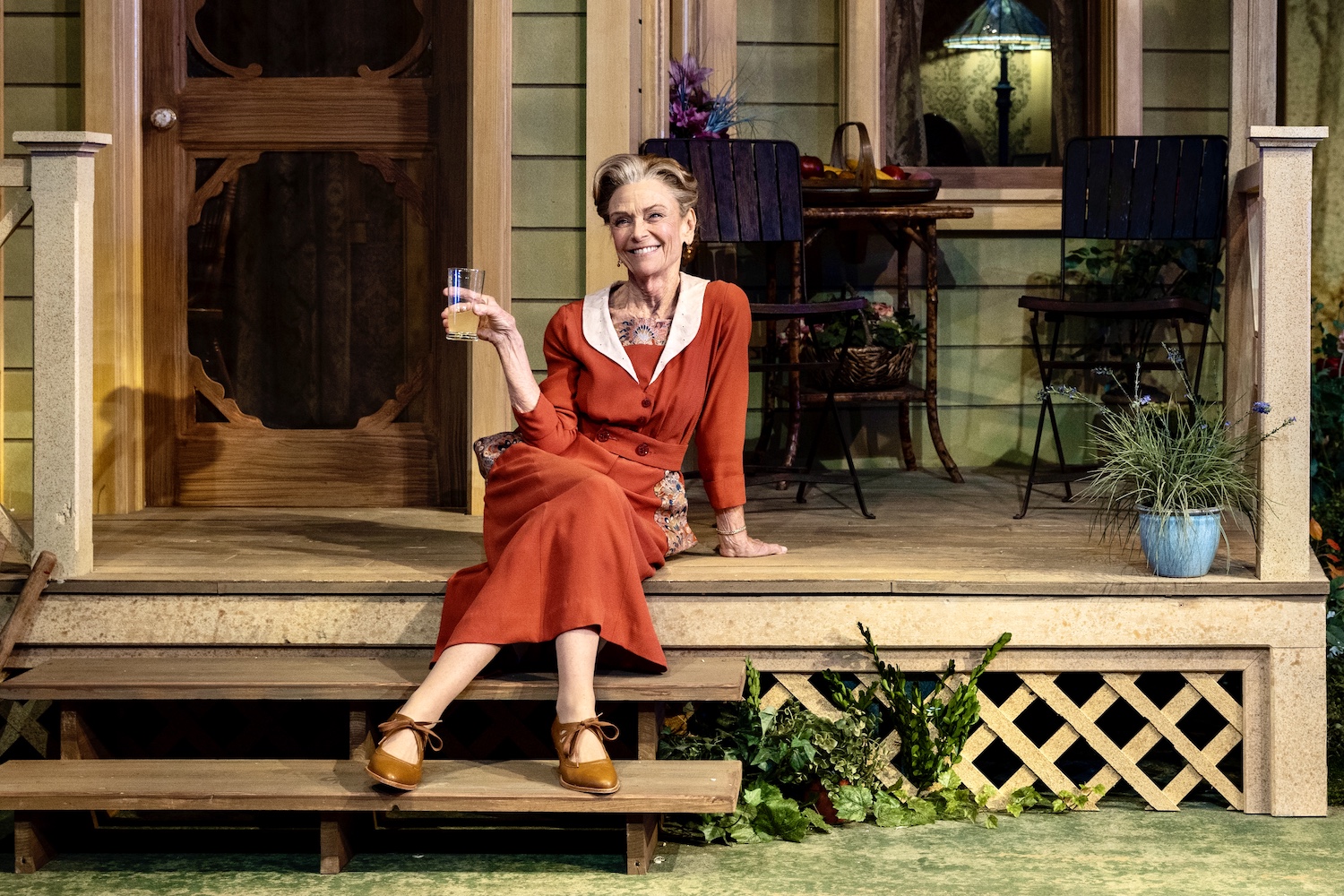
November 30, 2021
Interview: Patty McCormack's Journey From 'The Bad Seed' to 'Morning's at Seven'
Ryan Leeds READ TIME: 7 MIN.
For nearly seven decades, Patty McCormack has been a continuously working actor. There's little left in the entertainment world that she's not accomplished from modeling, television, movies, voice-overs, and theater.
Still, the Brooklyn native is most fondly remembered for her role as devilish Rhoda Penmark in the 1956 film "The Bad Seed." She earned several nominations (including one for an Oscar) for her performance, a star on the Hollywood Walk of Fame, and the love of fans who have made her–and the psychological thriller–a cult-classic favorite. Before the movie, McCormack originated the same role in the Broadway play of the same name.
Currently, McCormack is featured in a starry new, Off-Broadway production of Paul Osborn's comedy "Mornings at Seven," in which she plays Esther Crampton, one of four sisters in a small midwestern town who are contemplating their life's choices.
EDGE recently spoke with the Los Angeles-based actress about her return to the stage, her thoughts on the entertainment industry, and the inescapable topic that is ultimately a source of gratitude.
Note: This interview contains spoiler alerts for "The Bad Seed."
EDGE: I understand that your cast mate, Dan Lauria ("The Wonder Years"), got you involved with "Mornings at Seven," is that right?
Patty McCormack: I've known Dan since the 80s when we both played parents in the television sitcom "Head of the Class," and we've remained friends since. But I also must thank Julian Schlossberg, the producer who was really enthused when Dan threw my name in the hat. Pat McCorkle also deserves a lot of credit too. She was the casting director and went to bat for me.
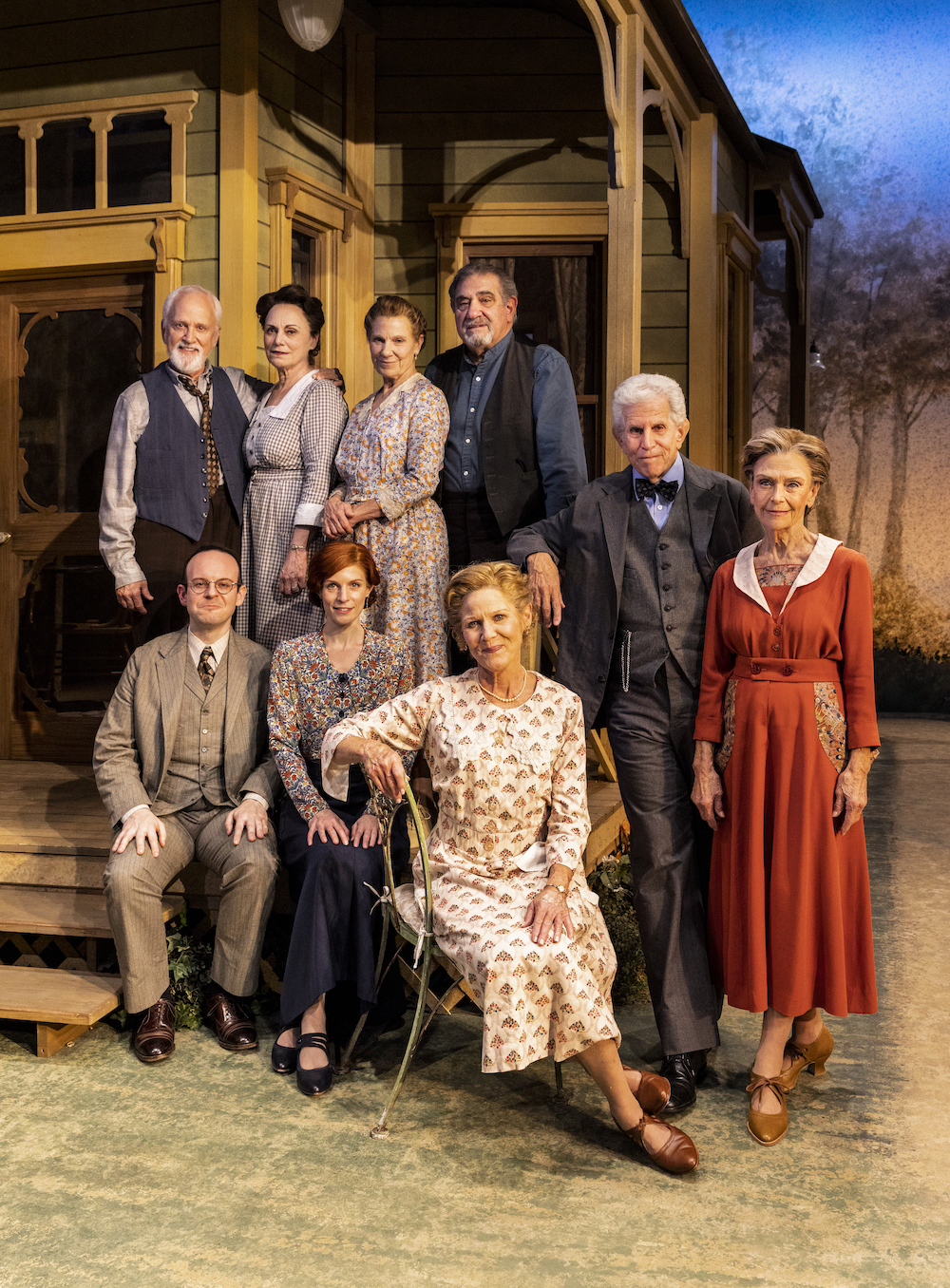
Source: Maria Baranova
EDGE: Were you familiar with the play?
Patty McCormack: I wasn't at all familiar with the play. I was timid about it, but I am just so happy I did this, especially in the face of the fear that we've been living through with all of this.
EDGE: What was your attraction to returning to the stage?
Patty McCormack: I'd done plays in other places, so it wasn't totally foreign to me but to be on a New York stage–whether it's on Broadway, Off-Broadway, or anywhere around Broadway–is just a dream come true. And the fact that it just came to me is so crazy.
EDGE: You've done film and stage. Do you prefer one medium over the other?
Patty McCormack: Right now, I'm just stage gaga! It's so much fun to be so alive on stage and to find new things about the character as time goes on. TV and film are done and gone. You don't get to keep getting better at it.
EDGE: You've spent your whole life acting. Do you ever wonder what you'd have done if you weren't an actor?
Patty McCormack: Hmmm... I always had a dream to be a homemaker like my big sister. I came from an era where women just got married. That's just what you did. I was always a working person long before I ever thought about marriage. So, I always looked at homemaking as something to aspire to because I had the opposite experience. I also had fantasies of being a doctor–and even a nun at one point (laughs). I was all over the map. But basically, it's all been about acting for me. I really, really like it. I do!
EDGE: Have you experienced ageism in the entertainment industry, and do you think that Hollywood has done a better job fighting it?
Patty McCormack: I think anytime you shine a light on something, it's good. In my era, there were less parts when women approached 39 or 40. In theater, it was a little better, but in film and television, the parts just weren't being offered.
Today, it's totally different. I think about people like Jennifer Aniston, Reese Witherspoon, Michelle Pfeiffer, and Nicole Kidman. They are all playing their age, and parts are being written for them–and they're also producing. So, that's exciting. There are so many women in Hollywood who are aging gracefully and are viable. I think that happened because people shone a light on the fact that there was a lack of opportunity for older actresses.
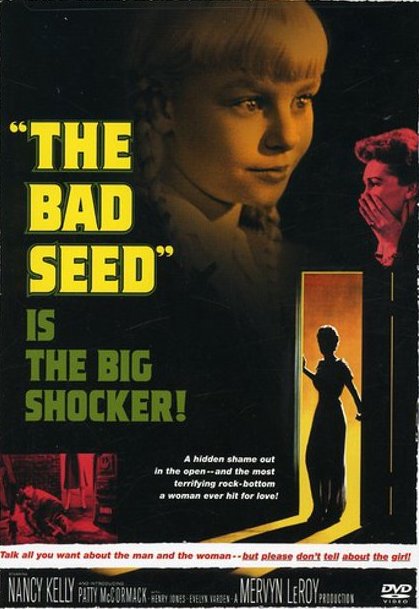
EDGE: Our readers will be disappointed if we don't discuss the movie for which you are best known! How did "The Bad Seed" get past the censors?
Patty McCormack: It got past them because in the play, Rhoda lived and the mother died. With the Hays Code, they were forced to change the ending. Under the code, murderers had to be punished, so that's why they changed the ending.
EDGE: What is the allure, particularly for LGBTQ+ viewers, of "The Bad Seed"?
Patty McCormack: I think it's because Rhoda was not typical. She went against the grain and was not the way little girls should be. She did not suffer fools gladly. That's the simplest way I can summarize it.
EDGE: In his book "Role Models," John Waters wonders how you were able to play that role for several years and turn out to be so well adjusted?
Patty McCormack: I tapped into a simpler execution of what I was doing. I knew my character was murdering people, but I also knew that I was acting and just pretending. Kids go many places when they play and they aren't inhibited by what's proper. I was essentially just a child playing. The director also made it fun for me to just simply come from a place where I was smarter than everybody, I was correct about everything, and I got what I wanted because I deserved it. It was that kind of energy. If you watch the movie with that in mind, you can see it.
EDGE: Did your parents have any reservations about the role?
Patty McCormack: If they did, I didn't know because one thing just led to another where my career was concerned. That wasn't my first role, so no one ever said, 'let's let her be an actress.' My dad was big on education, so that was shortchanged a little bit because I was geared to do something else at that point in time. Today, it's part of the deal for child actors and it's more of a priority. For myself, it would've been a good idea had I been pushed into concentrating more on my studies. But thank God, nothing totally bizarre happened to me!
EDGE: Do you ever get tired of talking about "The Bad Seed," and have you ever done an interview when it hasn't been discussed?
Patty McCormack: No. There was a certain period of time–maybe about 10 years after the movie release–where it wasn't fashionable to talk about work that had been done. But as time went on and as social media evolved, people got a kick out of old work that actors had done, and that brought an appreciation to the history of their careers. It became something to relish. I can't speak for anyone else when it comes to remembering past work, but personally, I'm just so grateful for it.
EDGE: What's next for you?
Patty McCormack: On December 12, I'll be at the Film Forum in Manhattan for a screening and Q&A of "The Bad Seed" with film historian Foster Hirsch. I'm also going to do another cameo in a sequel to Lifetime's 2018 version of "The Bad Seed." I'll play a child psychologist.
"Mornings at Seven" runs through December 5 at Theater at St. Clements (423 West 46th Street New York, NY).
